Did you know South Africa has seen a 45% increase in plant-based food sales since 2020?
More South Africans are reimagining their traditional dishes with plant-based ideas from Johannesburg’s busy streets to Cape Town’s coast.
I’ve seen firsthand that this movement isn’t just about food. It’s a story of cultural preservation, environmentalism, and personal change.
Let’s explore the vibrant tales of plant-based living for South Africans. They are blending traditional heritage with plant-based innovation!
Traditional Cuisine Meets Plant-Based Innovation
I remember first walking into Chef Mokgadi Itsweng’s kitchen in Johannesburg. The aroma of familiar spices filled the air, but something was different.
I grew up on meat-heavy dishes.
I watched in amazement as she turned my childhood favourite, umngqusho (samp and beans), into a vibrant, plant-based dish!
I must say, it’s been tough to adapt traditional South African dishes to plant-based versions.
I’ve sat with families who’ve cooked the same recipes for generations. I’ve seen their scepticism turn to surprise after they tasted my vegan potjiekos.
“This tastes like my grandmother’s recipe!” is a reaction I hear more often than you’d think.
I’m excited by how South African families use plant-based ingredients in traditional dishes. They’re being very creative.
I recently visited MmaKhotso in Soweto. She showed me how she uses mushrooms and lentils. They create the rich flavours in her family’s secret chakalaka recipe.
Her grandchildren prefer it to the original version! She shared, “Our ancestors knew the power of plants – we’re just rediscovering it.”
The impact on cultural celebrations has been fascinating to witness. Remember those big family braais where being vegan meant nibbling on side salads?
Well, those days are gone!
I recently attended a wedding in Cape Town where the couple served a fully plant-based feast. The star of the show? A jackfruit bobotie that even the most dedicated meat lovers loved. It had them coming back for seconds.
Local restaurants are catching on too.
Last week, I visited a small Pretoria eatery. They’ve mastered vegan magwinya (fat cakes).
The owner, Tebogo, shared an insight: “We’re not trying to replace our traditional food – we’re giving it new life for a new generation.”
I’m most proud of this movement. It honours our culture while embracing change.
Every week, I meet more South Africans. They are discovering that plant-based eating doesn’t mean losing their food culture. It means adding a new, exciting chapter to our rich culinary story.
I’d love to hear about your experiences with plant-based South African cooking! Have you tried veganizing any traditional recipes?
Drop a comment below and share your story – maybe you’ll inspire someone else to give it a try!
And who knows? You might transform their health.
Health Transformations Through Indigenous Plants
You know what amazes me?
My grandmother’s garden in Limpopo has many edible, unknown, indigenous plants. Every visit, she points out another one!
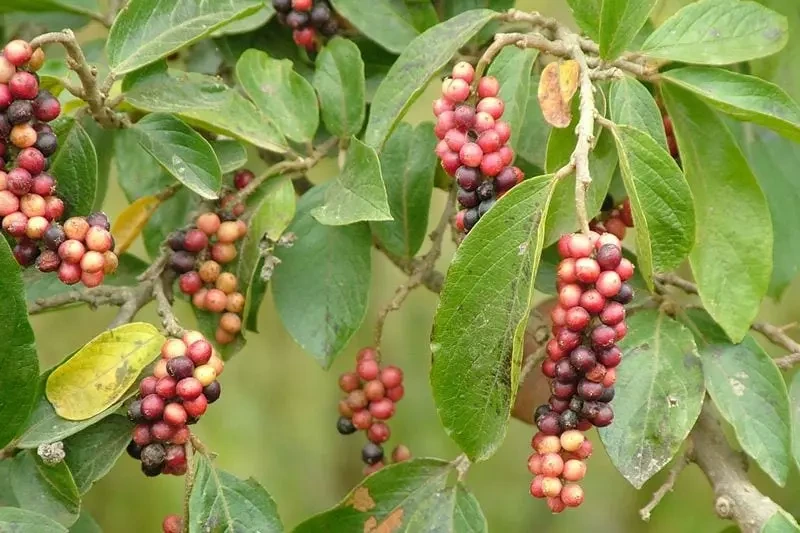
Indigenous edible plant
Last month, she taught me to identify wild morogo (African greens). I couldn’t believe I had been overlooking these nutrient powerhouses my whole life.
Let me share something incredible I witnessed in Khayelitsha township. I spent time with Mama Joyce. She started a healing garden after her health transformed. “I was sick for years,” she told me, stirring a pot of fresh moringa tea. “The doctors gave me all sorts of medications. But it was our traditional plants that restored my health.”
Now she’s teaching others, and I’ve watched her garden grow from a small patch to a thriving community hub!
The stories I’ve collected from local healers have blown my mind. Just last week, I sat with Gogo Mahlasela. She showed me how she uses wild herbs, like lengana (African wormwood) and impepho, to help her community. “Our ancestors weren’t foolish,” she said with a knowing smile. “These plants have been healing our people for generations.”
I’ve been documenting the revival of indigenous food gardens in the townships. It’s revolutionary! For these people plant-based living in South Africa is the norm.
In Soweto, I met a group of young people who’ve transformed an abandoned lot into a flourishing garden. They’re growing African potatoes, red basella, and spekboom. Our great-grandparents used these plants, but many of us had forgotten about them.
Want to hear something exciting? Local nutritionists are now incorporating these traditional superfoods into modern plant-based meal plans.
I recently tried a smoothie bowl at a Cape Town café. It had moringa, baobab powder, and marula fruit. Talk about a power-packed breakfast!
The owner said it’s their bestseller. Young professionals love it. They want to connect with their roots and boost their health.
The most heartwarming stories are from families who’ve seen big health gains. Take Thembi from Port Elizabeth. After doctors found her with high blood pressure, she grew her imifino (wild greens). “My numbers improved within months,” she shared with me over a bowl of her homegrown greens. “Plus, my whole family is learning about our food heritage!”
But here’s what gets me. These plants aren’t just medicine. They’re a bridge between generations.
I’ve seen grandmothers teach their grandchildren which leaves to pick, how to prepare them, and when to harvest. It’s like watching our culture come alive in real time!
Yesterday, I chatted with Dr. Nomsa Mbatha, a researcher of indigenous plants. She said something that stuck with me: “We’re not discovering anything new. We’re remembering what we’ve always known.”
Isn’t that beautiful?
We’re finding our way back to health. The wisdom to do so has been growing in our soil all along.
Trust me. Once you explore these traditional plants, you’ll see your garden differently!
Have you tried any indigenous South African plants for health?
I’d love to hear your experiences. Do you have a family recipe passed down through generations? Share your story below!
Quick tip: If you’re new to indigenous plants, start small! Why not try adding some morogo to your next stew? Or brew some rooibos with local honey? Your body will thank you. You’ll help revive our lost wisdom!
Building Sustainable Communities Through Plant-Based Living
You won’t believe what I discovered when I visited Sibongile’s urban farm in Soweto last week!
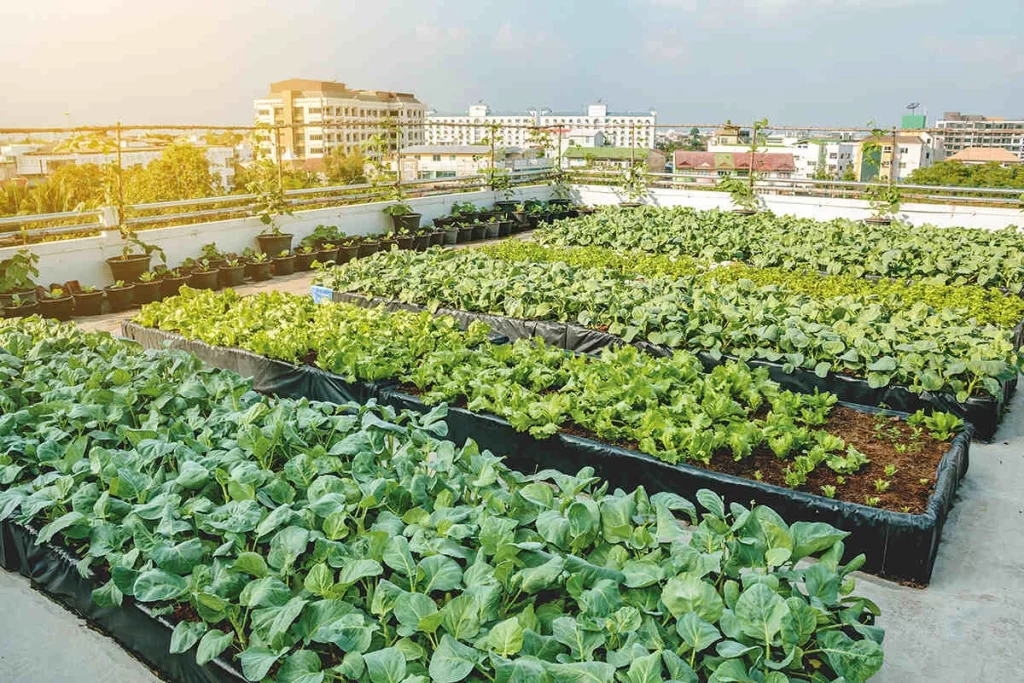
Source: geographical.co.uk
A tiny backyard garden has grown into a hub that feeds 50 families. “I just wanted to grow my spinach,” she said, laughing as we walked through the rows of thriving vegetables. “Now look at us – we’re running workshops and teaching kids about sustainable farming!”
Let me share something that touched my heart. I met Themba, a former miner who lost his job during COVID. Instead of giving up, he started making plant-based cheese from locally sourced nuts. “At first, people thought I was crazy,” he shared while letting me sample his latest cashew cheese creation (absolutely delicious, by the way!).
“Now I’m employing five people from my community, and we can’t keep up with the demand!” Isn’t it amazing how one person’s innovation can create ripples of positive change?
I’ve spent the past few months documenting amazing entrepreneurial stories across South Africa.
There’s the women’s co-op in Alexandra making yoghurt from local soybeans. The youth group in Gugulethu runs veggie burger workshops. My favourite, though, is Mama Thandi’s shisanyama business. It’s a weekend hotspot!
But, here’s what excites me about this movement: it creates jobs while healing the planet.
Yesterday, I visited a vertical farm in Khayelitsha. They’re using recycled shipping containers to grow microgreens. “We’re not just growing food,” the project leader, Ayanda, told me. “We’re growing hope, independence, and a sustainable future for our children.”
The economic impact?
It’s been incredible to witness! I’ve watched small plant-based businesses pop up in communities where unemployment was sky-high.
Take the Vuka Green Market in Langa. It began with three vendors selling plant-based traditional foods. Now, it is a weekly market with over 20 local entrepreneurs. Plus, they’re running a mentorship program for township youth interested in green businesses!
Education has become a huge part of this movement too. I recently attended a workshop. Community leaders taught people to start food gardens. The energy in that room was electric! “We’re not just teaching gardening,” explained the facilitator, Busi. “We’re teaching food sovereignty, entrepreneurship, and environmental stewardship all at once.”
Let me tell you about the support networks that have sprung up. They’re heartwarming!
I’ve joined WhatsApp groups. Members share growing tips, trade seeds, and organize bulk buys of plant-based ingredients.
A group even coordinates fresh produce deliveries to elderly residents who can’t get to the gardens.
One of my favourite initiatives is the “Green Kitchen Startups” program in Tembisa.
They’re providing equipment and training to help people start home-based, plant-based food businesses.
I watched a grandmother learn to package her secret pap recipe. The pride on her face, when she held her first labelled package, brought tears to my eyes!
Want to know the best part?
These communities show us that sustainable living isn’t just about food. It’s about how we connect, support each other, and build a better future together. Every time I visit one of these projects, I leave feeling more hopeful about South Africa’s future.
Have you noticed any sustainable food initiatives in your community? Or maybe you’re thinking about starting one? Drop a comment below – I’d love to hear your ideas!
If you’re interested in getting involved, I can suggest some great community groups. They would love to have you join them.
Every garden, plant-based business, and community connection is a step toward a more sustainable South Africa.
Isn’t it exciting to be part of this transformation?
Overcoming Challenges: Real Stories of Transition
I want to share something that hit home for me. At a family braai last weekend, my uncle saw my plate of grilled mushrooms. He asked, “But when are you going to eat real food again?”
I had to laugh. It’s the same question I’ve heard countless times since I went plant-based in Joburg. And trust me, I get it. The challenges are real, especially in South Africa where meat is a religion!
Speaking of family resistance, I recently spoke with Nomvula from Pretoria. She told me about her first Christmas after going plant-based.
“My grandmother almost cried when I didn’t eat her oxtail stew,” she said, stirring her rooibos tea. “But this year, she asked me to teach her how to make lentil bobotie. Small wins, right?” I couldn’t help but smile – these are the transformation stories that keep me inspired.
Now, let’s talk about the elephant in the room: budget constraints.
When I first checked out plant-based options at my local supermarket, I nearly fell over seeing the price of some vegan products!
But I’ve learned from wise community members that our diet has many cheap, plant-based options.
Just yesterday, I visited MmaMpho in Soweto. She showed me how she feeds her family of six on a budget. She uses dried beans, seasonal vegetables, and indigenous greens from her garden.
“You see,” she said, showing me how to make her famous umngqusho, “our ancestors didn’t eat expensive, processed foods.” They were eating what grew from the earth.”
She’s right. Whole foods and local ingredients save money. They also reconnect us to our roots.
The accessibility challenge?
Oh boy, that’s a tough one! I remember trying to find nutritional yeast in Mthatha – mission impossible! But here’s where I’ve seen South African ingenuity shine.
Communities are finding solutions. They use WhatsApp groups for bulk buying, recipe swaps, and delivery services for plant-based essentials. Last month, I visited a small spaza shop in Khayelitsha. The owner proudly showed me her new “plant-based corner.” It was a response to community requests.
Can we talk about eating out?
Because that used to be my biggest headache! But I’ve watched the restaurant scene transform before my eyes.
Last week, I met Thabo. He convinced his family’s restaurant in Soweto to add plant-based options. “At first, people were sceptical,” he said. “Now, our vegan chakalaka beans sell out faster than the meat dishes!”
The most beautiful solutions I’ve seen come from community support systems.
I’m in a local plant-based group. We share everything. This includes where to find cheap ingredients and how to veganize traditional recipes.
New members, overwhelmed by family pressure or budget concerns, find a community ready to help. As Tumi, one of our group leaders, always says, “We succeed together or not at all.”
Here’s something that still makes me emotional: watching young people navigate these challenges. Last month, I met a university student, Lesego, who started a plant-based society on campus. “Everyone said it wouldn’t work,” she told me, beaming as she showed me their packed meeting room. “We now have over 100 members. We’re helping each other find cheap options in the campus cafeteria!””
Want to know my favourite success story?
It’s about Ma’Sibiya, who turned her challenge into an opportunity. When she couldn’t find cheap, plant-based meals in her town, she started cooking them.
Today, she runs a small but successful catering business. It specializes in plant-based traditional dishes. “Every obstacle is an opportunity,” she told me, patting my hand. “You just have to be creative enough to see it.”
Have you faced similar challenges in your plant-based journey? How did you overcome them? Share your story below – your solution might be exactly what someone else needs to hear!
Remember: every challenge you’re facing, someone else has probably faced it too. That’s why community is so important in this journey.
We’re growing this movement one plant at a time, and every small victory counts!
Is there a future in plant-based living?
The Future of Plant-Based Living in South Africa
Let me tell you about something exciting that happened last weekend at the V&A Waterfront in Cape Town!
I watched as hundreds lined up for a vegan food festival. It was not just vegans, but curious foodies eager to taste the future of South African cuisine. Talk about a revolution in the making!
Do you know who inspires me?
People like Zola, a 23-year-old Instagram star from Durban. She’s taking social media by storm with her veganized Zulu dishes. “She said, during our chat over her amazing, plant-based amadumbe curry, ‘My great-grandmother’s recipes weren’t heavy on meat. “I’m just bringing our original food culture back, but with a modern twist!”
With over 100,000 followers, her creative recipes are popular. She’s proof that our youth are reshaping South African food culture.
I have to share something that blew my mind. I recently visited a new plant-based food factory in Johannesburg. They’re making biltong from mushrooms! “Five years ago, people laughed at us,” the founder, Thembi, shared while showing me around. “Now we’re expanding to three more locations and exporting across Africa!”
They’re even working with local farmers to grow speciality mushrooms. Talk about a sustainable food ecosystem!
The education scene?
It’s transforming faster than a sprouting bean! Last month, I visited a Soweto primary school. They’ve started a “Future Foods” program.
Imagine kids learning about indigenous plants, growing veggies, and getting excited about eating their greens! The program coordinator, Mr. Ndlovu, told me something important: “We’re not just teaching them about food – we’re teaching them how to save our planet.”
Speaking of education, you should see what’s happening in universities!
I recently attended a workshop at the University of Cape Town. It was on food innovation. Students were developing new products using local ingredients.
One team created a moringa-based protein powder that could rival any imported supplement. Another developed a pap alternative using indigenous grains that are both nutritious and diabetes-friendly. The energy in that room? Electric!
Want to hear my prediction for the next big thing?
Township-based plant-based food tours!
I’ve seen a few entrepreneurs showcasing local vegan dishes in their communities.
Last week, I joined one in Langa. The creativity in those small kitchens rivals any high-end restaurant!
The market growth?
It’s not just impressive – it’s revolutionary! Every month, I’m discovering new South African plant-based brands in my local supermarket. But here’s what gets me excited: these aren’t just foreign concepts being copied.
We’re seeing African solutions: burgers from bambara nuts, cheese from marula nuts, and yoghurt from tiger nuts.
I’m incredibly hopeful about a new collaboration. It’s between traditional healers and modern nutritionists.
I recently attended a workshop. Both groups shared knowledge about indigenous plants and their health benefits. Imagine combining centuries-old wisdom with modern science – that’s where the magic happens!
But you know what the best part is? This movement isn’t just about food – it’s about creating a new future while honouring our past.
Every time I see a spaza shop adding plant-based options, or a gogo teaching her grandkids about indigenous veggies, I see the future taking root.
A quick tip: Keep your eyes on small businesses in your area. That little shop selling vegan koeksisters or that market stall with plant-based achaar? They’re not just businesses – they’re glimpses into our food future!
Conclusion
The plant-based movement in South Africa isn’t just a trend. It’s about rediscovering our roots and creating a sustainable future.
These stories show how South Africans are finding a unique path to plant-based living. It honours tradition while embracing innovation.
Ready to be part of this transformative journey?
If you’re curious about or following a plant-based lifestyle, these stories show you’re part of a growing community.
It’s reshaping South African cuisine and culture.
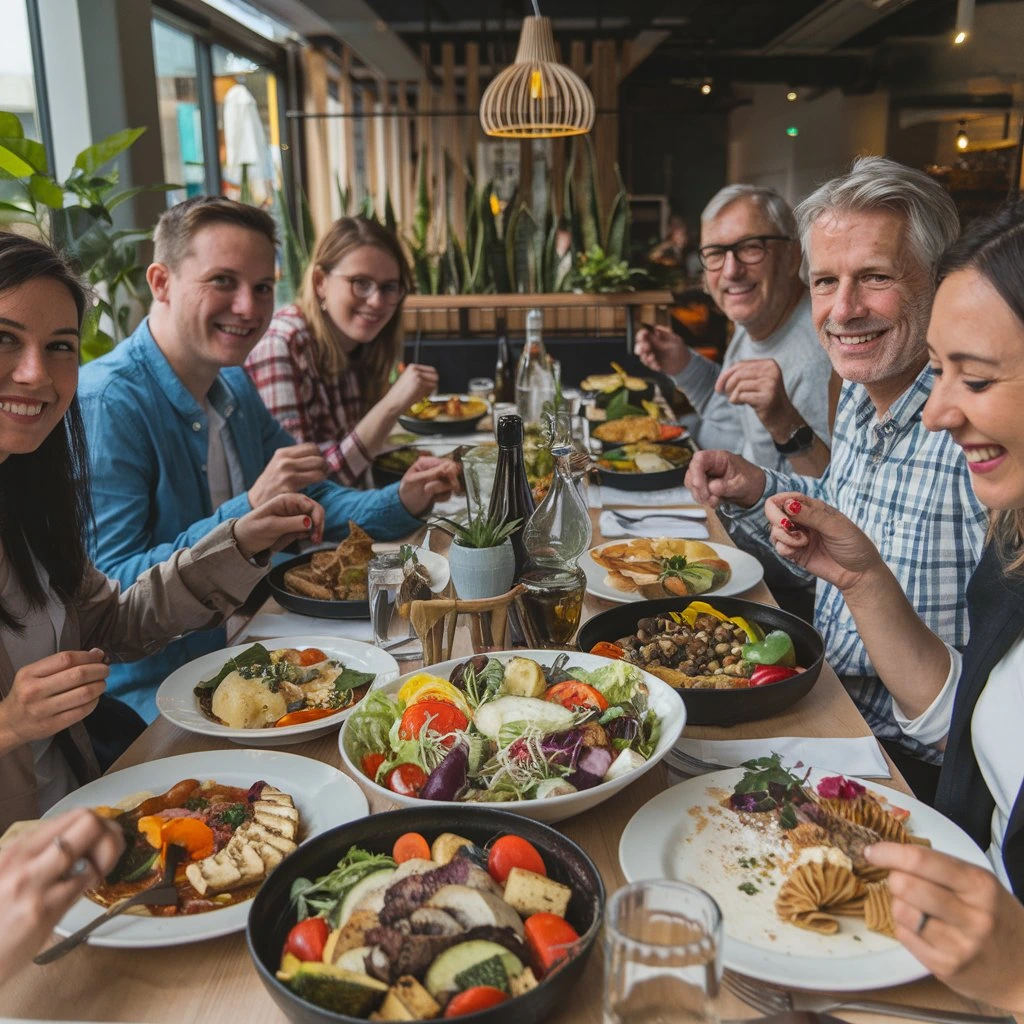
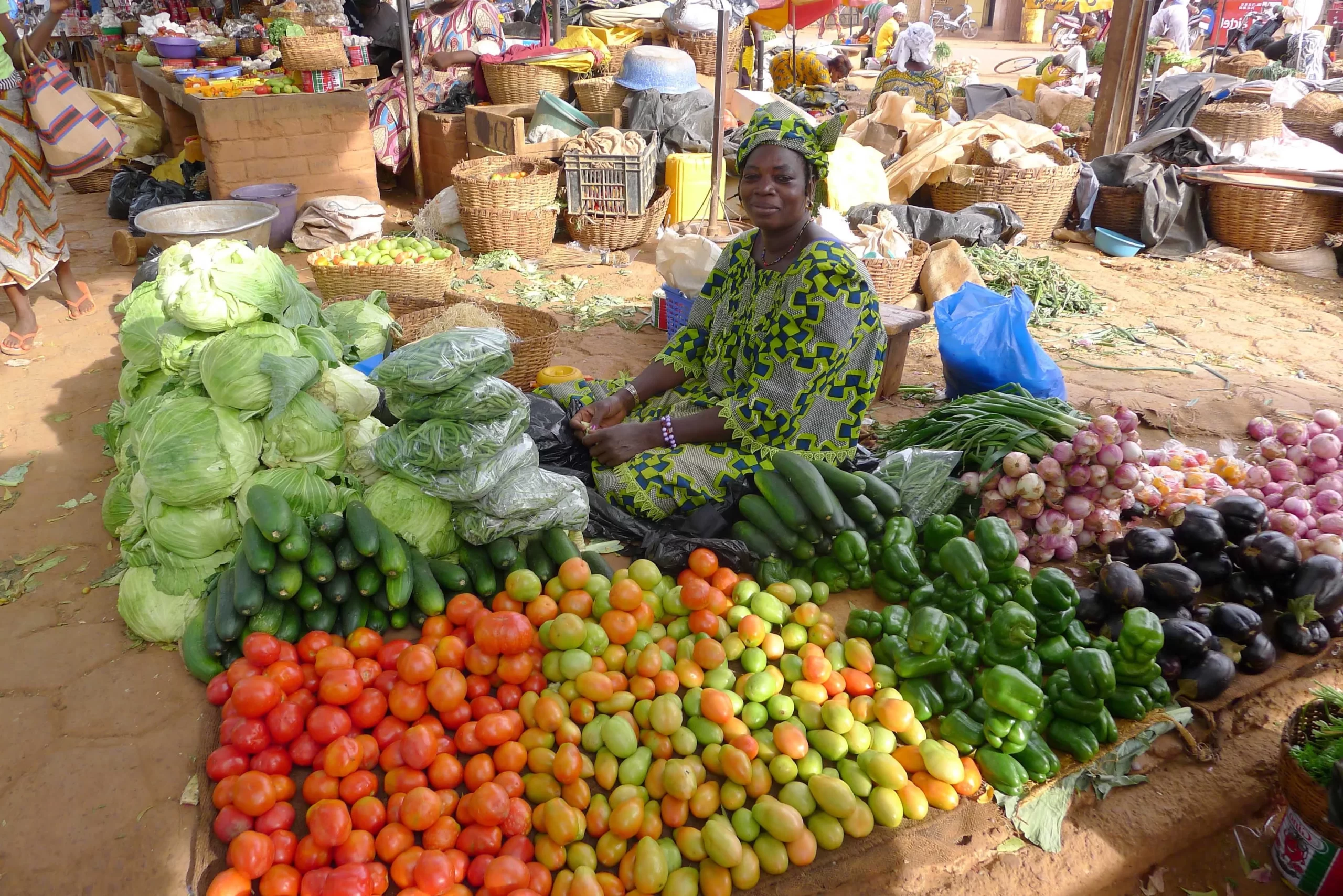
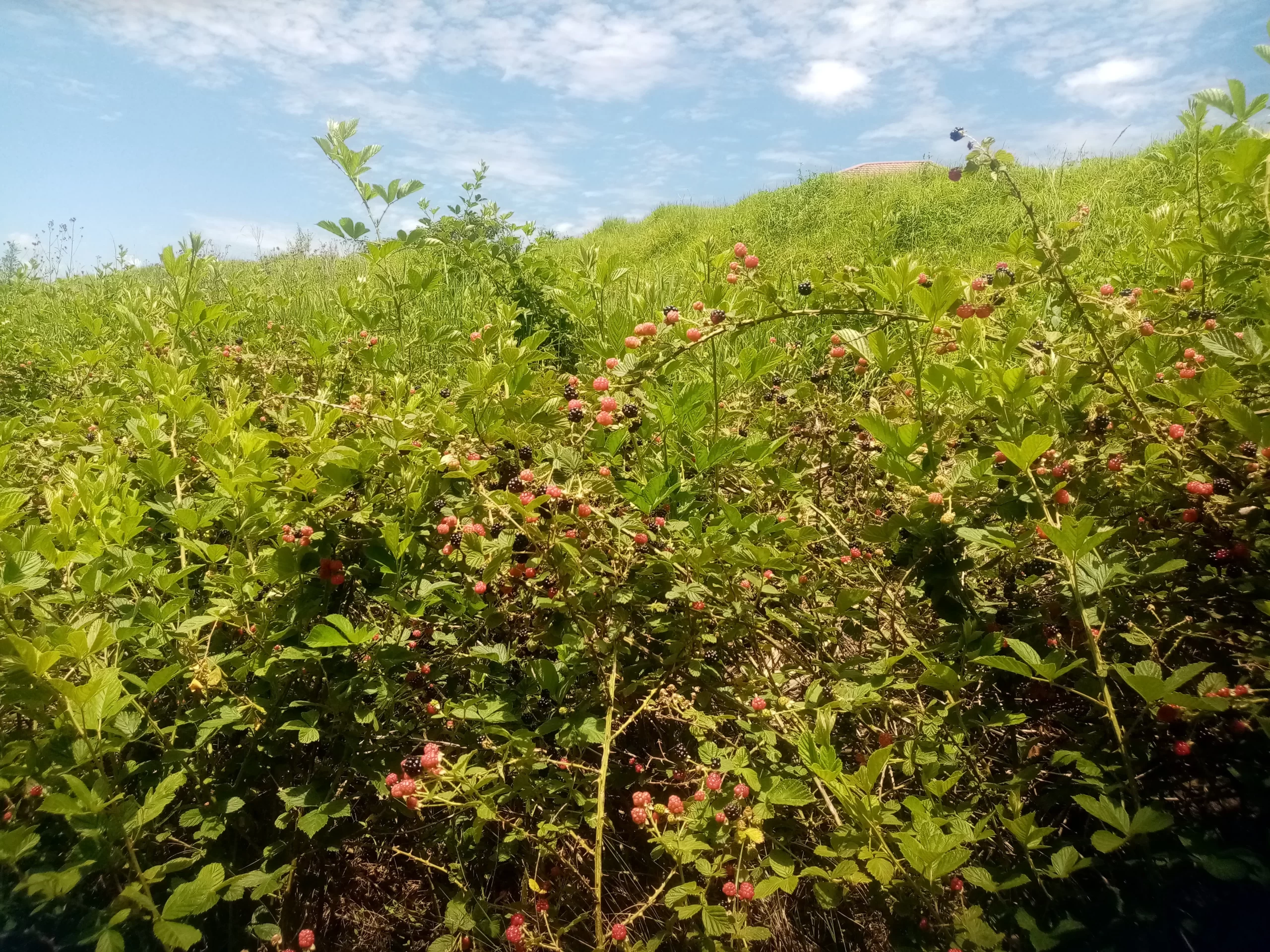
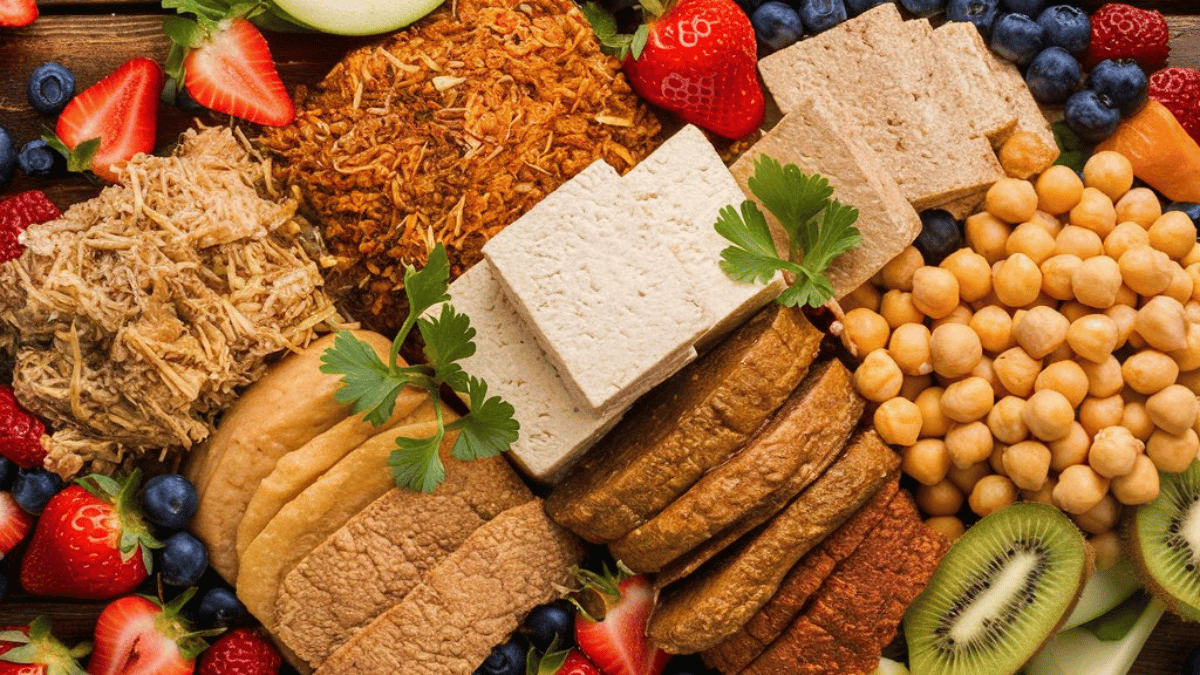
Leave a Reply